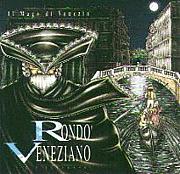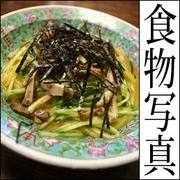- 詳細 2014年12月23日 11:31更新
-
Rondò Veneziano is an Italian chamber orchestra incorporating a rock-style rhythm section of synthesizer, bass guitar and drums, directed by Maestro Gian Piero Reverberi. It has produced as of 2005 26 musical albums, almost one for each year since its founding in 1979.
The first decade of albums were entirely original compositions in the style of the baroque rondò being "a musical composition built on the alternation of a principal recurring theme and contrasting episodes.".
In an interview Reverberi said on the sound of Rondò Veneziano: "Rondò Veneziano's music is first of all positive. Also when it seems to be sad, it's never sad. It's always positive in a sense that at the end there's always a good future. So I think that also the reason of the success it that it's music where you don't have to think negative or to feel negative or if you feel negative it should be something that brings you to think positive."
In later years Rondò Veneziano also brought their trademark fusion of classical and contemporary instruments to a number of albums dedicated to some of the great composers of the classical and baroque tradition.
A version of "La Serenissima (Theme From Venice in Peril)" was released in the UK as a single and reached number 58 in the UK charts in October 1983. The track was also widely used at that time by BBC Television, as the theme tune to Hospital Watch . The track was later to feature on the globally successful Venice in Peril album which was released as part of an international campaign to save Venice from sinking into the lagoon.
In 1985, they provided the score for the movie Not Quite Jerusalem (known as Not Quite Paradise in the USA). This score was a reworking of many of the original pieces featured on the 'Venice in Peril' and 'The Genius of Venice' albums.











